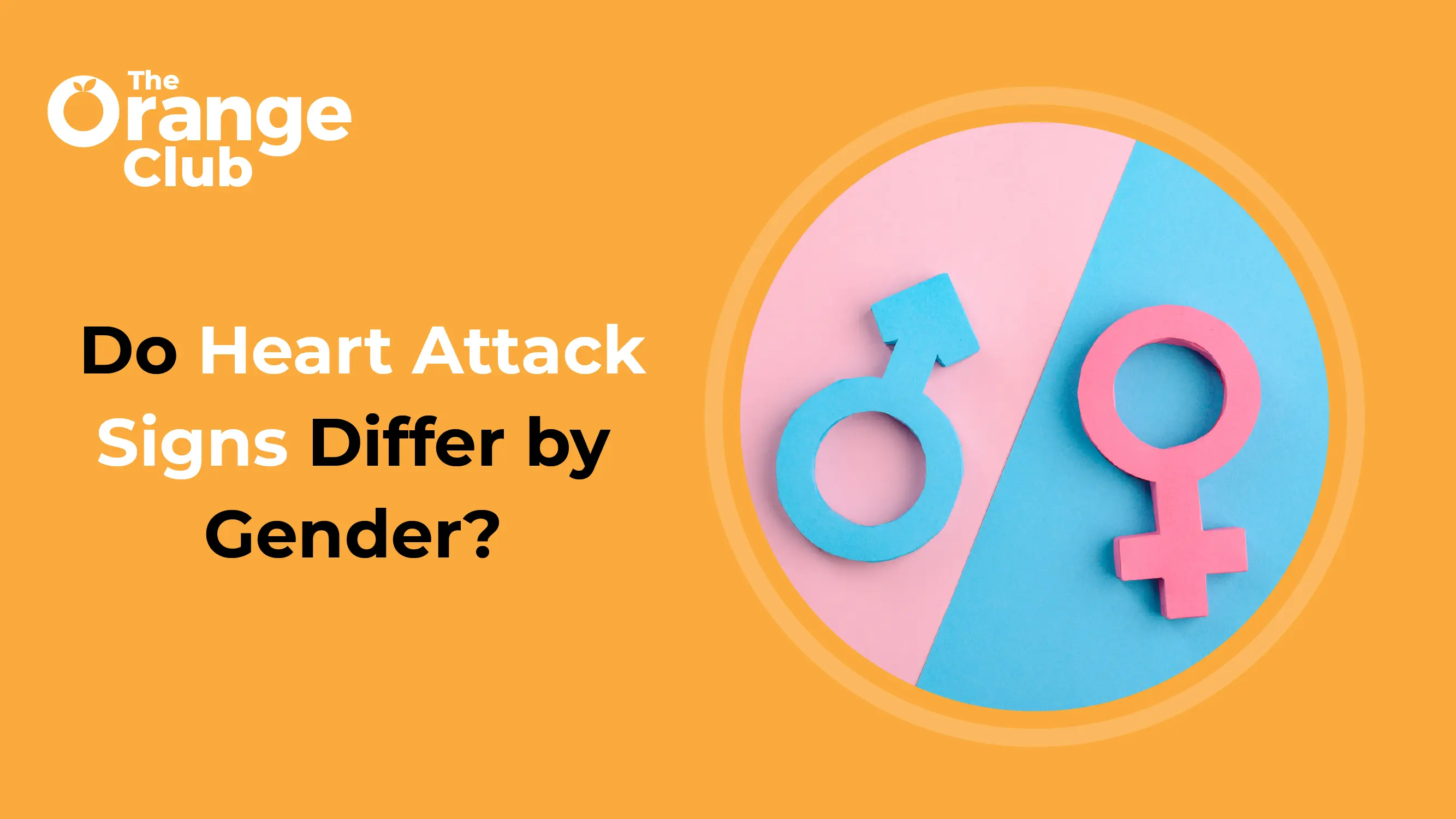Search for tests or checkups
SupportHow Heart Attack Symptoms Differ in Men and Women

Heart attacks don’t always look the same across genders or age groups. In this episode of The Orange Club Podcast, Dr. Dimpu Edwin explains why men and women can experience heart attacks differently, and why recognising these differences matters for timely care.
Why Men Are More Prone Before 70
Research consistently shows that men face a higher likelihood of heart attacks before the age of 70. This may be linked to a combination of genetic predisposition, lifestyle patterns, and the absence of protective hormones that benefit women during their younger years. For men, this means middle age is a crucial time to be proactive about health — from monitoring cholesterol and blood pressure to maintaining active lifestyles. Early prevention can significantly lower long-term risk.
Why Women’s Symptoms Often Go Unrecognized
For women, the story is different. Although their overall risk rises later in life, studies indicate that women are more likely to die from a heart attack than men. A major factor is how their symptoms appear. Instead of the typical crushing chest pain, women may experience subtle signs like unusual sweating, unexplained fatigue, uneasiness, or even a headache. Because these symptoms don’t match the “classic” picture of a heart attack, they’re often overlooked or mistaken for something less serious. Awareness of these atypical signs is essential for timely diagnosis and care.
What Symptoms Should Never Be Ignored
Dr. Edwin emphasizes that the key to protecting heart health is recognizing what feels unusual. Any symptom that begins suddenly, feels different from past experiences, and does not settle within 15 to 30 minutes should raise concern. Whether it’s chest discomfort, cold sweating, or something as vague as dizziness or headache, the safest step is to consult a doctor and undergo basic tests like an ECG. Acting promptly not only clarifies the cause but also prevents unnecessary risk.
Learn More in the Podcast
These gender-based differences and the importance of recognizing subtle symptoms are explored in greater detail in the full podcast episode. Dr. Edwin joins Tarun Bhambra, Co-founder of Orange Health Labs, to discuss how men and women experience heart disease differently and what each group should watch out for.
Watch the full heart attack podcast here.

Mental Health and Its Link To Deficiencies

Detecting Hormonal Imbalance Through Full Body Assessments
